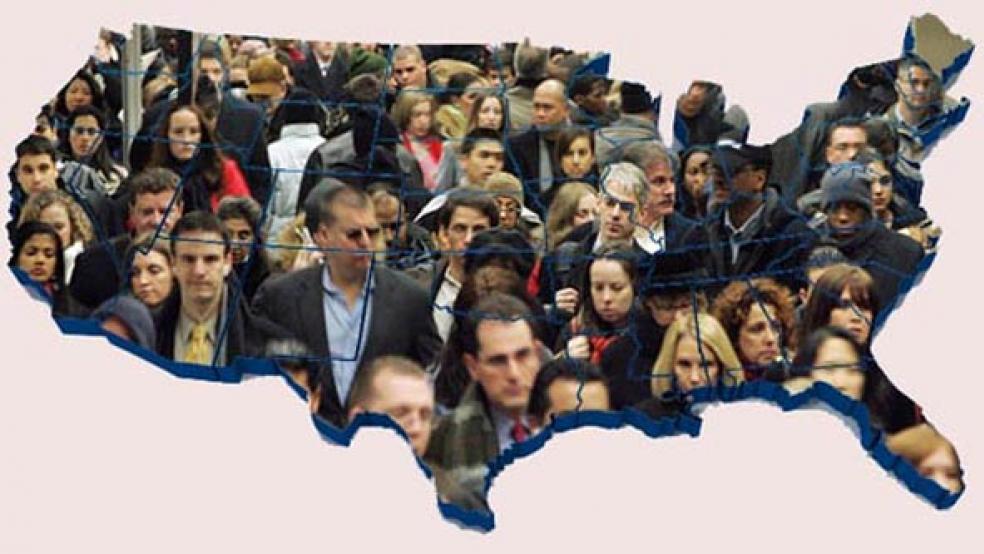Commerce Secretary Wilbur Ross last week told Congress that the 2020 Census will cost $15.6 billion, or $3.3 billion more than estimated in 2015, and said that the program “urgently” needs those additional resources to meet the challenges ahead.
It wasn’t supposed to be this way. “The 2020 count was supposed to be different, leveraging satellite imagery to create a database of U.S. addresses, relying on online rather than mail-in responses, and using troves of data that private companies have collected to fill in gaps,” The Washington Post’s editorial board explained. But Ross told lawmakers that previous projections overestimated the savings from technological improvements and underestimated the difficulty of implementing those upgrades.
At the same time, “Congress has refused to appropriate the necessary cash, underfunding the Census Bureau year after year while the bureau should have been preparing,” the Post’s editorial board says.
The census determines the apportionment of congressional seats and electoral votes and affects how the federal government distributes billions of dollars. Given what’s at stake, the additional funding should be a no-brainer, writes Megan McArdle at Bloomberg: “this works out to about $48 apiece, for a procedure we perform only once every 10 years. That’s roughly the cost of one Big Mac Meal a year — an eminently reasonable price to pay to ensure that political representation matches as closely as possible the number of people in each state.”
She adds that, because the census only happens once every 10 years, the government simply can’t build an IT system the way Silicon Valley would, “starting small, and then improving through iteration, and gradually bringing it up to scale.” And the census, which is required by the Constitution to count everyone, can’t fall back on statistical techniques that private-sector researchers would when faced with declining response rates. “So unless Congress forks over adequate funding, there’s a risk that we’ll have a badly done census that will distort policies in countless ways for more than a decade to come.”





